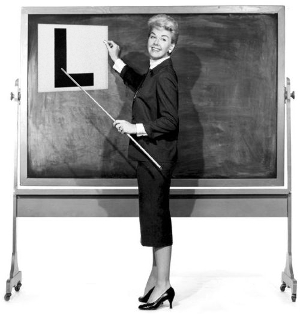Teacher attack drives prospects away
 Education experts say political attacks on teachers are driving people away from the profession.
Education experts say political attacks on teachers are driving people away from the profession.
The stance appears to be shown in statistics too, with applications for education courses across the university sector dropping 12 per cent from 2013 to 2014.
Australian teaching is at an awkward crossroads, where interest is falling while demand increases.
The Australian Council for Educational Research says a population boom that began in 2008 will increase the demand for teachers and require additional classes in existing primary schools every year until at least 2025.
But Australian Catholic University Vice-Chancellor Professor Greg Craven says a willingness among some politicians to talk down the profession could lead to a shortage in the future.
"What we've seen in recent years is a relentless attack on teachers by some of the country's politicians," Professor Craven said.
"Politicians have been casting aspersions on teachers for sometime now, deliberating raising doubts about teacher intellects and even attacking them over their dress sense.
"It's these wilful attacks on teachers that are frightening people away from the profession at time when we can least afford it.
"Research by the Australian Council for Educational Research shows there is a growing demand for teachers, with New South Wales projected to require the equivalent of 385 additional primary classes each year until 2020. Victoria and Queensland are expected to require almost 450 additional primary classes each year and Western Australia 351 classes.”
"If we are not careful we'll be faced with a shortage of teachers in the future.
"Politicians need to stop attacking and start promoting the profession in order to attract the best, the brightest and the most committed people into teaching.
“This type of campaign is actually most calculated to scare off high achievers.”
Professor Craven said there had been too much focus on tertiary entry ranks as being the most important predictor of a teacher’s success.
“ATARs are one useful measure, but they are not the only ones. When ATARs are applied to university courses, they merely measure supply and demand. Becoming a successful teacher involves a balance of factors, including knowledge, skills, and aptitude.”







 Print
Print